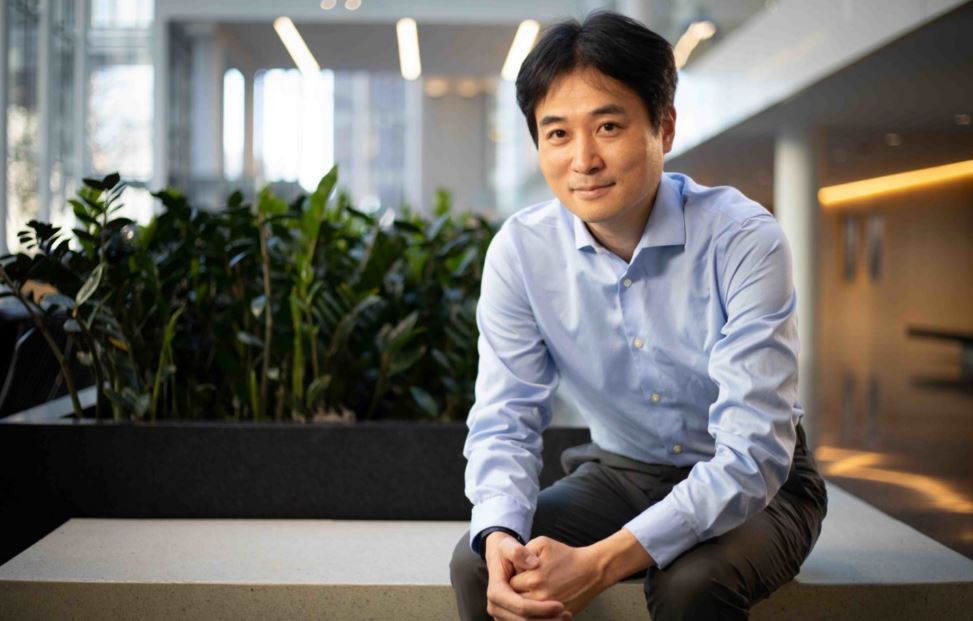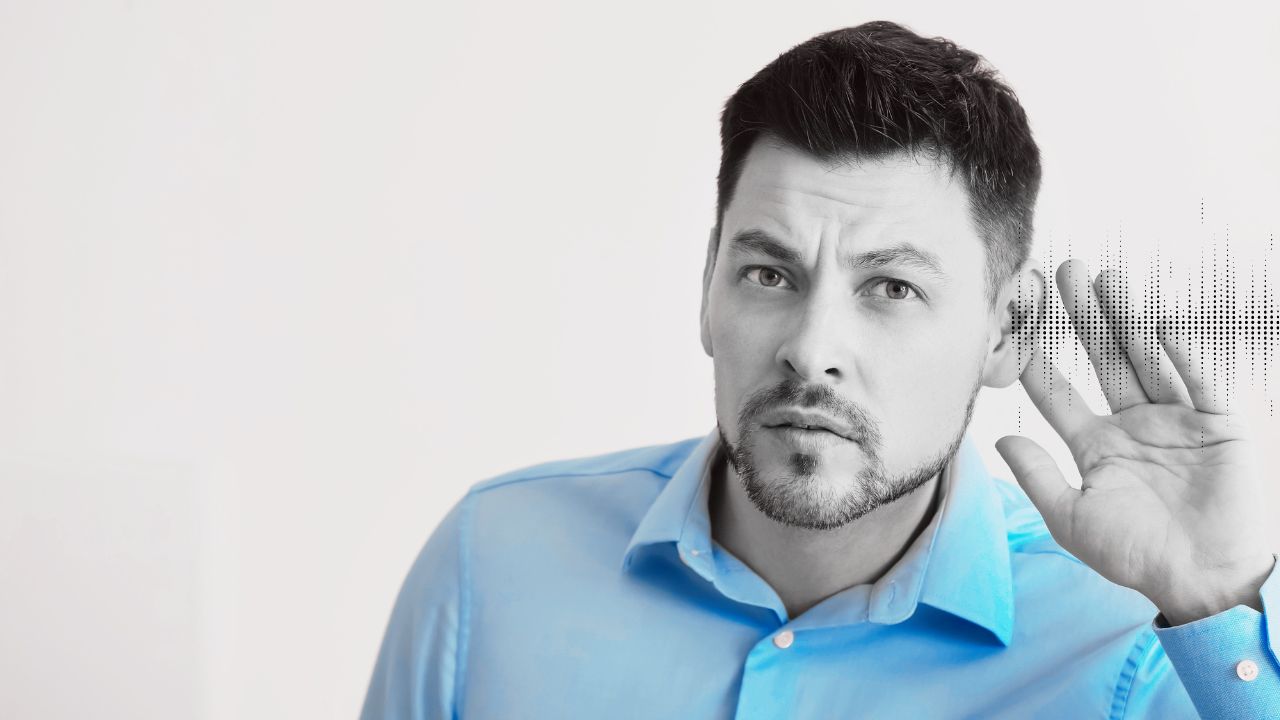A new study by Northwestern Medicine has found that the fast motor kinetics of the protein prestin, found in the inner ear, are crucial for hearing high-frequency sounds. The study, published in the Proceedings of the National Academy of Sciences, sheds light on how outer hair cells in the ear’s cochlea amplify and help us hear high-frequency sounds.
All mammals, including humans, depend on outer hair cells to hear high-frequency sounds. These cells are the most vulnerable in the inner ear and cannot be regenerated if lost. Damage to these cells often results in hearing loss.
The protein prestin, named after the musical notation “presto” for its fast motor function, controls the contractions and elongations of outer hair cells during cochlear amplification.
In the study, researchers analyzed the hearing of mice that had a genetic variant that produced abnormal prestin, which has previously been linked to deafness in humans. The mice with the variant showed slowed movement of their outer hair cells and were less sensitive to higher-frequency sounds.
However, by introducing an additional functional genetic variant of prestin that saves its speed, scientists were able to fully restore hearing in the mouse models.

Kazuaki Homma, PhD, assistant professor of Otolaryngology – Head and Neck Surgery, was senior author of the study. Image credit – Northwestern University
Kazuaki Homma, PhD, assistant professor of Otolaryngology – Head and Neck Surgery and senior author of the study, said the findings add to the understanding of prestin and cochlear amplification. Homma hopes to investigate how prestin works to maintain outer hair cells and prevent hearing loss.
“Once we lose outer hair cells, there’s no regeneration. They’re gone. Another important area of my research will be understanding how prestin contributes to the maintenance of the outer hair cells because we want to maintain them for as long as possible to prevent hearing loss.”
–Kazuaki Homma, PhD
The study was supported by NIH grant DC017482 and the Hugh Knowles Center.







